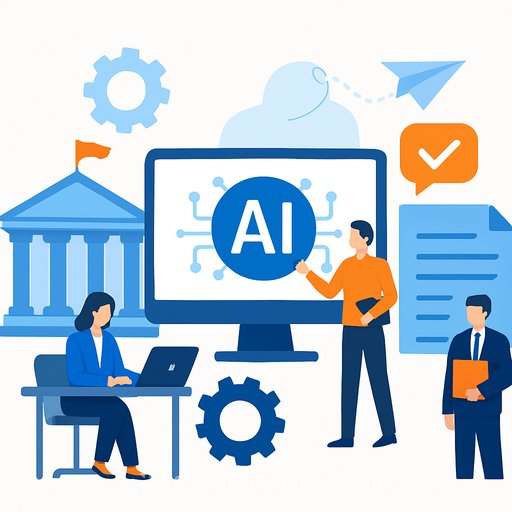GenAI Transforms Investment Operations in Alternatives
Asset managers working with alternative investments face a growing challenge: fragmented, unstructured data coming from multiple accounting systems. This flood of information makes it harder to maintain clean, reliable data pipelines.
Instead of seeking full automation, firms are turning to Generative AI (GenAI) to enhance human review and speed up data processing. The goal is precision, not blind automation.
Three Key Trends Reshaping Data and Operations
At the core of this transformation are three main trends:
- Advanced Unstructured Data Processing: GenAI now handles documents like PDFs, emails, and research reports as easily as traditional structured data. This tackles one of finance’s toughest challenges—extracting meaningful insights from vast amounts of text-heavy content.
- Adaptive ETL Processes: AI-driven systems automatically adjust when data schemas change, detect anomalies, and create new integration workflows on demand. This replaces rigid, rule-based automation with flexible, context-aware processing.
- Agentic AI for Workflow Autonomy: Agentic AI enables autonomous execution of complex multi-step workflows, moving away from manual, brittle systems to ones that dynamically adapt to new situations.
These shifts mean data pipelines are no longer static, manually coded sequences but intelligent systems that adapt and improve continuously.
How GenAI Enhances Data Pipelines
GenAI tackles traditional ETL weaknesses such as schema dependencies, the need for constant manual intervention, and batch processing limits. It can extract data intelligently from challenging sources, using natural language processing to understand context in unstructured documents and emails.
Beyond extraction, GenAI also transforms data by identifying inconsistencies, filling gaps, and enriching datasets with inferred insights. This automated transformation reduces errors and improves data quality.
Agentic AI: The Next Step in Automation
Agentic AI represents a leap forward. These systems don’t just assist—they orchestrate entire business processes autonomously. They collaborate across workflows, optimize operations collectively, and learn from ongoing feedback.
This ability to learn and adapt continuously while meeting compliance requirements marks a shift from simple task automation to full business process autonomy.
Regulatory Challenges and Compliance
Innovation in AI comes with heightened regulatory scrutiny. Regulators focus on two main areas:
- Data Governance: How training data is sourced and used, especially for proprietary or fine-tuned models. Debates around “fair use” in jurisdictions like the US highlight the need for clear data rights.
- Operational Oversight: Deployment of AI systems is under strict watch. For example, the EU AI Act classifies many financial AI applications as “high-risk,” requiring transparency, accountability, and continuous monitoring.
Global firms face a patchwork of rules. The UK takes a principles-based approach emphasizing safety and fairness, the EU mandates detailed documentation and testing, and US regulators are developing sector-specific guidelines.
Meeting Transparency Demands
Asset managers also face pressure to increase transparency with regulators and limited partners. The demand extends beyond AI itself to include data accessibility and openness.
Investors want customizable access to investment data, real-time reporting, and clear visibility into both investment processes and outcomes. AI supports this by powering platforms that generate personalized investor portals and customizable dashboards, providing performance metrics and risk analysis on demand.
Democratizing Data Access
The biggest opportunity lies in enabling seamless data exchange among asset managers, regulators, and investors. AI-driven tools can democratize access to information, improving communication and trust across the board.
Operations professionals looking to stay ahead should explore AI-driven platforms and training opportunities that focus on these emerging capabilities. For practical courses on AI tools and automation relevant to finance, check out Complete AI Training's latest offerings.
Your membership also unlocks:






